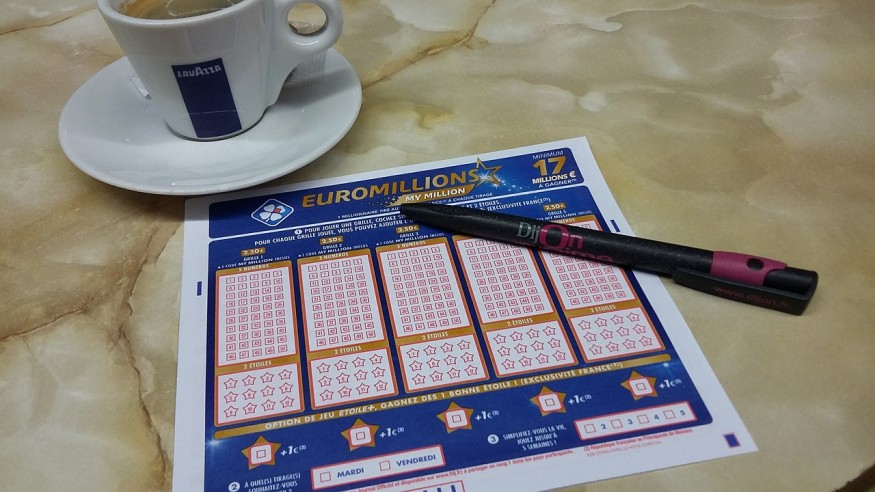
As lottery jackpots swell, so does our fascination with them, and according to psychology professor Dr. Marc Wilson of Victoria University, this phenomenon stems from our innate difficulty in assessing probabilities accurately.
Speaking to "Sunday Morning," Dr. Wilson explained that the surge in ticket sales ahead of Lotto NZ's $50 million Powerball draw is a global trend, driven by a widespread misunderstanding of the odds of winning.
"We tend to see that there's a proportional increase in the number of tickets sold when there's a rollover jackpot," Wilson noted, as per RNZ.
Even among seasoned players, misconceptions about the likelihood of hitting the jackpot persist, fueled partly by the daunting magnitude of the numbers involved, which our brains struggle to comprehend.
Drawing on research by Daniel Kahneman and Amos Tversky, Dr. Wilson pointed out our bias towards pursuing colossal prizes over smaller but more probable wins, a tendency that persists despite knowing the odds.
"What we know is that people tend to be biased more towards absolutely large numbers than higher probabilities of winning smaller ones," he said.
Moreover, habitual players often fall into the trap of overestimating their chances, rationalizing their continued investment in tickets as a means of recouping past expenditures.
"If we're regular lottery players we have a sunk cost, so we've played this every week for however many years, [and] we've spent an awful lot of money on this therefore it must be our time coming up soon," Wilson explained.
The phenomenon of feeling "due" for a win is further exacerbated among players who stick to the same numbers week after week, Dr. Wilson noted.
Additionally, media coverage of jackpot wins skews our perception of winning probabilities, making the rare instances of success seem more attainable than they truly are.
"Things that we can bring to mind more easily tend to feel as if they're more immediate, more frequent, so the relatively few big wins that we hear about are much more salient than the hundreds of thousands of losses that we never hear about," he said.
However, while a substantial lottery windfall might momentarily boost happiness, Dr. Wilson cautioned against expecting sustained contentment.
Winning the lottery might make someone very happy for a while, but after about a year, they usually return to their usual happiness level.
"So if you win lotteries, what the research shows is you're briefly going to be really, really happy, but after about a year you're going to return back to that genetic baseline," Wilson said.
Despite lottery winners reporting short-term mental well-being enhancements, the long-term impact on overall happiness remains uncertain, with physical health often unaffected by newfound wealth.
Yet, Dr. Wilson highlighted a potential silver lining: the ability for winners to alleviate financial stress and aid others, echoing former Prime Minister Sir John Key's sentiment that wealth affords peace of mind and opportunities to assist loved ones.
"His answer stuck with me. He said, 'Well, it means that if the car breaks down, I'm not gonna lie awake at night worrying about how to pay for it, and if someone who I care about needs a bit of cash, I can actually help them out.'
"I think there's a lesson in that, which is ... [money] takes away some of the everyday stresses, and it does mean that you're able to actually make a contribution," Wilson explained.
